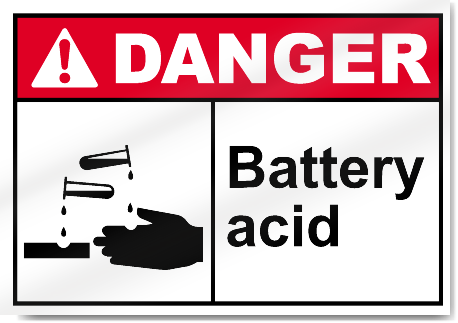
Best Practices for Storing Lead-Acid Batteries in Extreme Weather
Proper storage is critical when lead-acid batteries are not in use, especially in extreme conditions.

Proper storage is critical when lead-acid batteries are not in use, especially in extreme conditions.
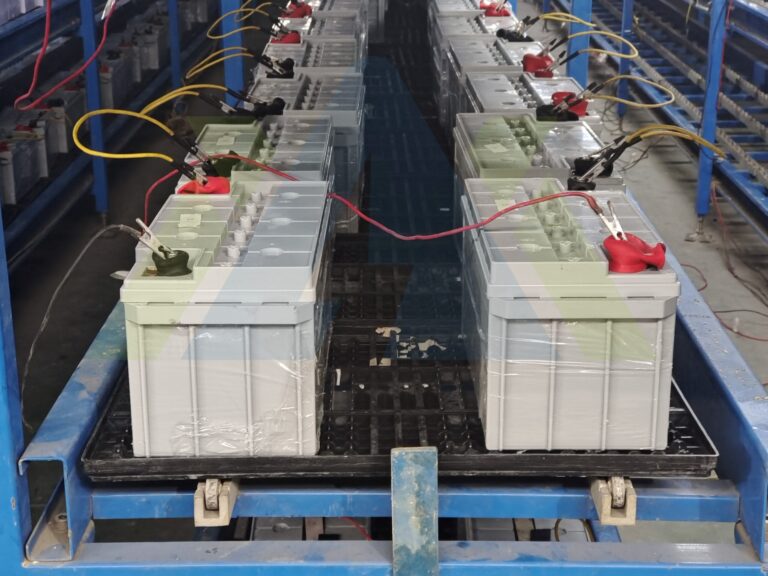
High humidity can accelerate corrosion and reduce battery efficiency. Proper maintenance is key. Humidity-Related Risks
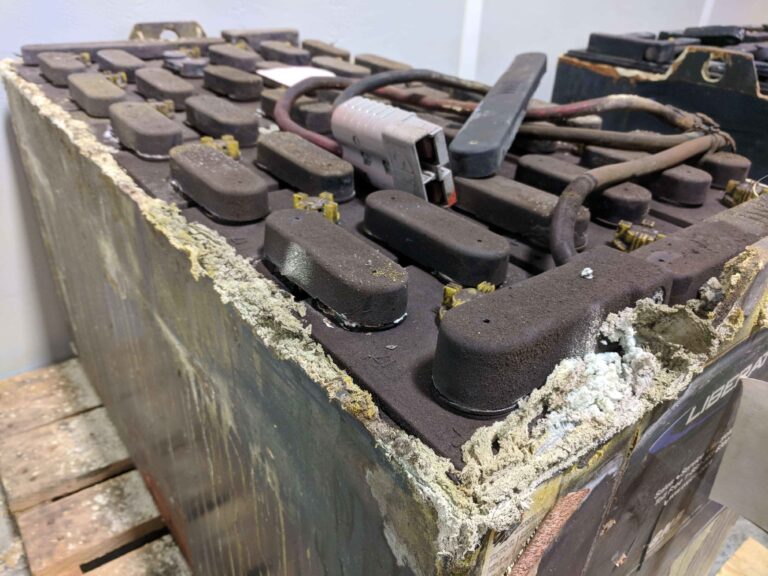
Floods and heavy rains pose serious risks to lead-acid batteries. Water exposure can cause short
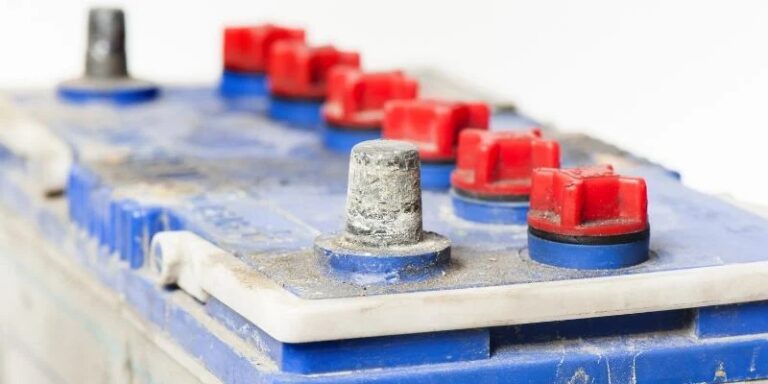
Sulfation—a buildup of lead sulfate crystals—is a major cause of battery failure, especially in extreme
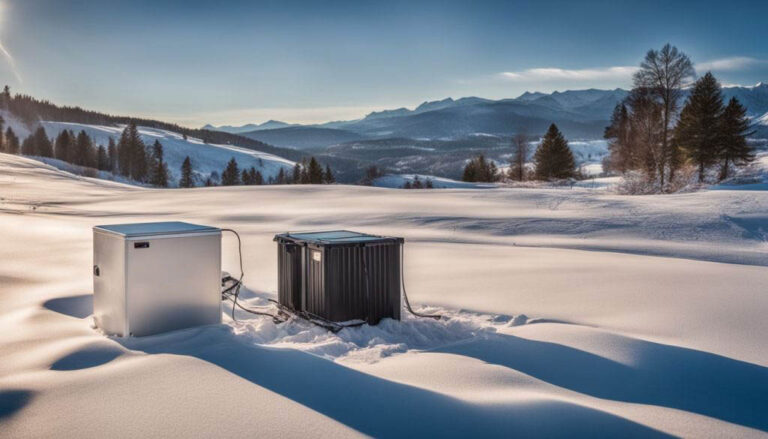
Extreme cold reduces lead-acid battery efficiency, making energy storage systems less reliable. Learn how low

Lead-acid batteries are widely used for energy storage, but extreme heat can significantly impact their
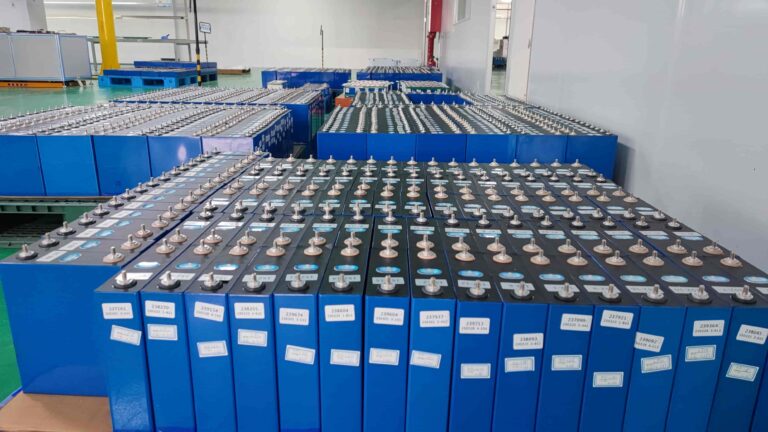
Proper charging and discharging habits significantly impact the lifespan of your LiFePO4 battery. Optimal Charging
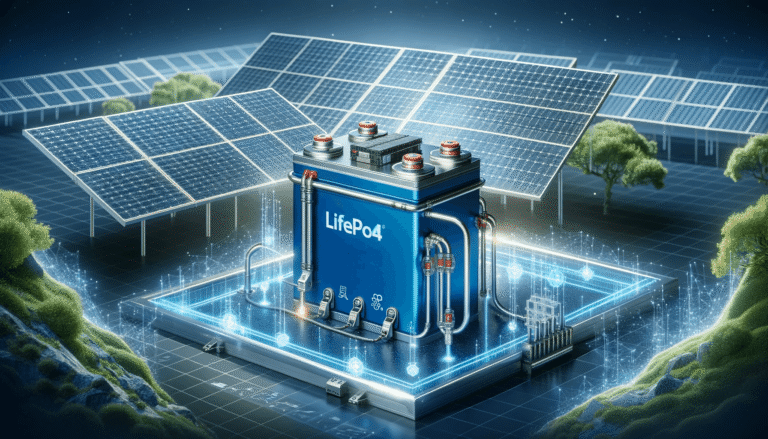
LiFePO4 (Lithium Iron Phosphate) batteries have become a top choice for solar energy storage due

Frequent rainy weather shortens the lifespan of lead-acid batteries in solar systems. Chronic undercharging leads
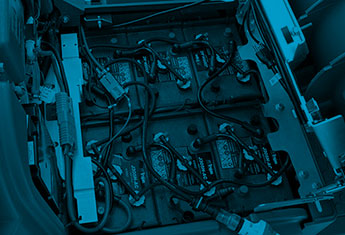
In monsoon climates, solar systems must be carefully managed to prevent lead-acid battery failure. Since